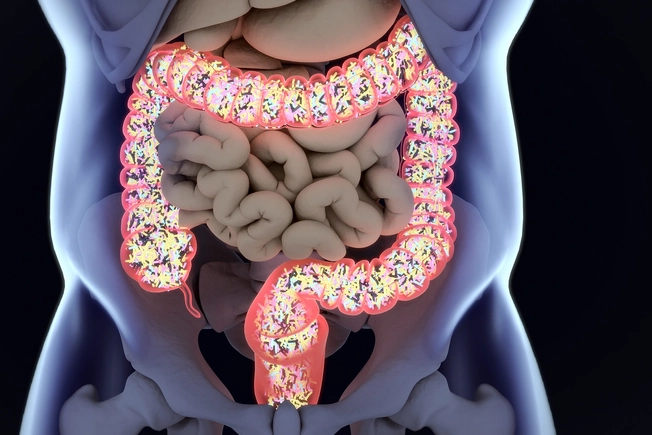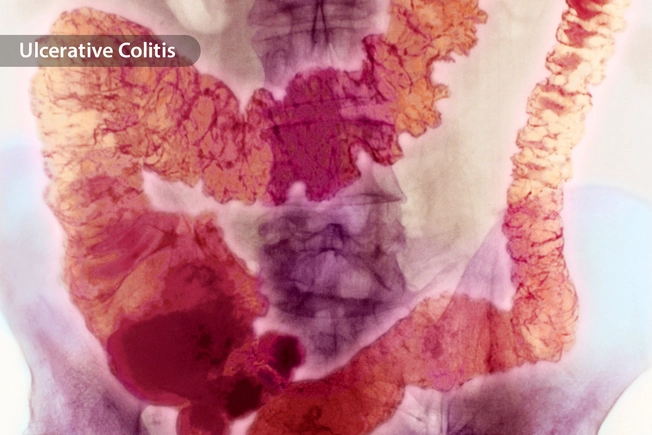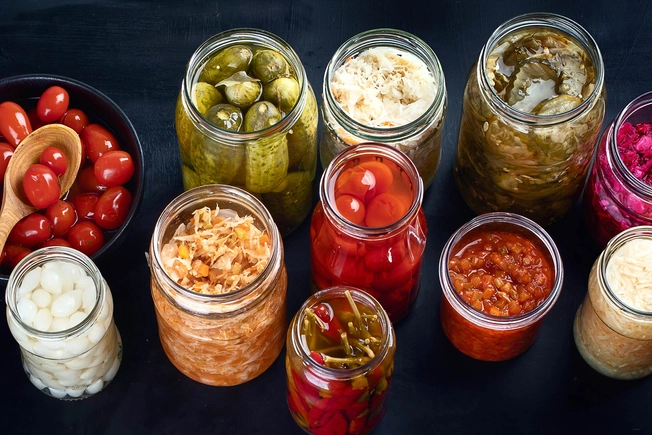Fermented Foods for Boosting Health

Digging Into Fermented Foods Benefits
The clamor over fermented foods is recent, but we’ve been enjoying them for about 10,000 years. People originally fermented foods to preserve them. Today, it simply adds to their flavor. Think of rich dairy like Greek yogurt, kefir, cheddar and Stilton cheeses, yeasty sourdough bread, crunchy pickles, tangy sauerkraut, spicy kimchi, and drinks like kombucha.

Big Boosts From Tiny Organisms
Besides good taste, fermented foods are loaded with certain strains of good bacteria and yeast. These happen naturally in some foods. Others have cultures added to them. Eating these foods helps balance good and bad bacteria in your intestinal tract. That can boost overall health in ways that science has just started to uncover. Many studies have been small, but results are promising. Here’s what we know so far.

Your Gut Reaction
The benefits of fermented foods start in your digestive system -- your gut. The gut is called your second brain because of its powerful influence on many aspects of your health, from mood and behavior to appetite and weight. It even affects your immune system. Feeding it with fermented foods helps give you a better mix of the bacteria known as the gut biome. That boosts gut health and, in turn, all the body functions that your gut supports.

Keeping Blood Sugar in Check
Studies show that yogurt has a link to lower blood sugar. It can also help ward off metabolic syndrome and its serious result, type 2 diabetes. Choose yogurt rich in probiotics over the regular kind for the most benefits. If you already have diabetes, eating yogurt with multiple strains of bacteria and yeast can help keep all your numbers in line: blood sugar, blood pressure, and cholesterol.

Fermented Foods Fight Obesity
Studies show the gut biome of lean people is very different from that of people with obesity. Having a healthy biome can help to prevent or manage obesity. Besides fermented dairy like yogurt, two popular Korean foods may help you get a healthy biome and ward off weight gain: green vegetable-based kimchi (usually made from Napa cabbage) and chungkookjang, a type of fermented soybean.

Help for High Blood Pressure
You can lower your chances of high blood pressure by eating fermented foods. Top choices are soy foods, like miso and natto. Fermented dairy with multiple strains of helpful bacteria and yeast is also good. They help block an enzyme that has a connection to raising blood pressure. If your blood pressure is already high, eating fermented foods regularly can shave a few points off both the systolic and diastolic readings.

Warding Off Heart Disease
It’s possible that fermented foods can help you stay clear of heart disease. A study done in Finland found that people who eat low-fat fermented dairy -- less than 3.5% fat -- had a much lower risk than people who ate other types of dairy or high-fat fermented foods. Research from Sweden and the Netherlands also found this benefit.

Lowering Bladder Cancer Risk
The same studies done in the Netherlands and Sweden that found heart benefits from fermented dairy foods also reported a link to a lower risk for bladder cancer. Again, these benefits weren’t seen with regular dairy.

Breathe Easier
The benefits of fermented foods can be very wide-ranging. In addition to offering some protection from diabetes, kimchi might ward off asthma and eczema, also called atopic dermatitis.

Ease Digestive Issues
The gut biome of people with bowel disorders is different than that of healthy people. This is likely due to the inflammation these conditions cause. Fermented foods can help fight inflammation and be part of your plan to manage conditions like irritable bowel syndrome and inflammatory bowel diseases like Crohn’s and ulcerative colitis

Boost Brain Health
Limited research shows that some of the bacteria in fermented foods can jumpstart serotonin, a brain chemical that boosts feelings of well-being. That’s because the gut and the brain have a strong connection -- so much so that improving your gut biome can improve the central nervous system. It might also help ease anxiety or depression and boost cognitive function -- your ability to think, remember, and learn.

Lower Your Pain Response
Just as your gut biome can influence your emotions, it can affect how you feel pain. Belly pain, migraine, chronic fatigue syndrome (CFS), and long-term back pain have a strong link to a less-than-ideal gut biome. Studies show that improving gut bacteria -- along with other anti-inflammatory diet changes -- may help with pain sensitivity and other symptoms of conditions like CFS.

Fermented Foods for Oral Health
The benefits of fermented foods can start at the first part of your digestive system: your mouth. Good bacteria can feed the biome inside your mouth and lead to better oral health. That could mean less dental plaque and tartar buildup. It could also help stop cavities and even gum disease.

Help for Your Immune System
Your immune system relies on gut health to function properly. Gut imbalances can throw it off. Feed your gut the healthy bacteria in fermented foods and you can strengthen your immune response. That’s your body’s ability to fend off diseases.

Choosing Fermented Foods
We don’t yet know how well helpful bacteria survive digestion, so it isn’t possible to say how much to eat daily. But different fermented foods have different strains, so go for variety. Look for foods with active types of lactic acid bacteria, among the best strains for the gut. But know that not all fermented foods have helpful bacteria. For instance, beer loses them during processing. Baking and canning foods can also make them inactive.
